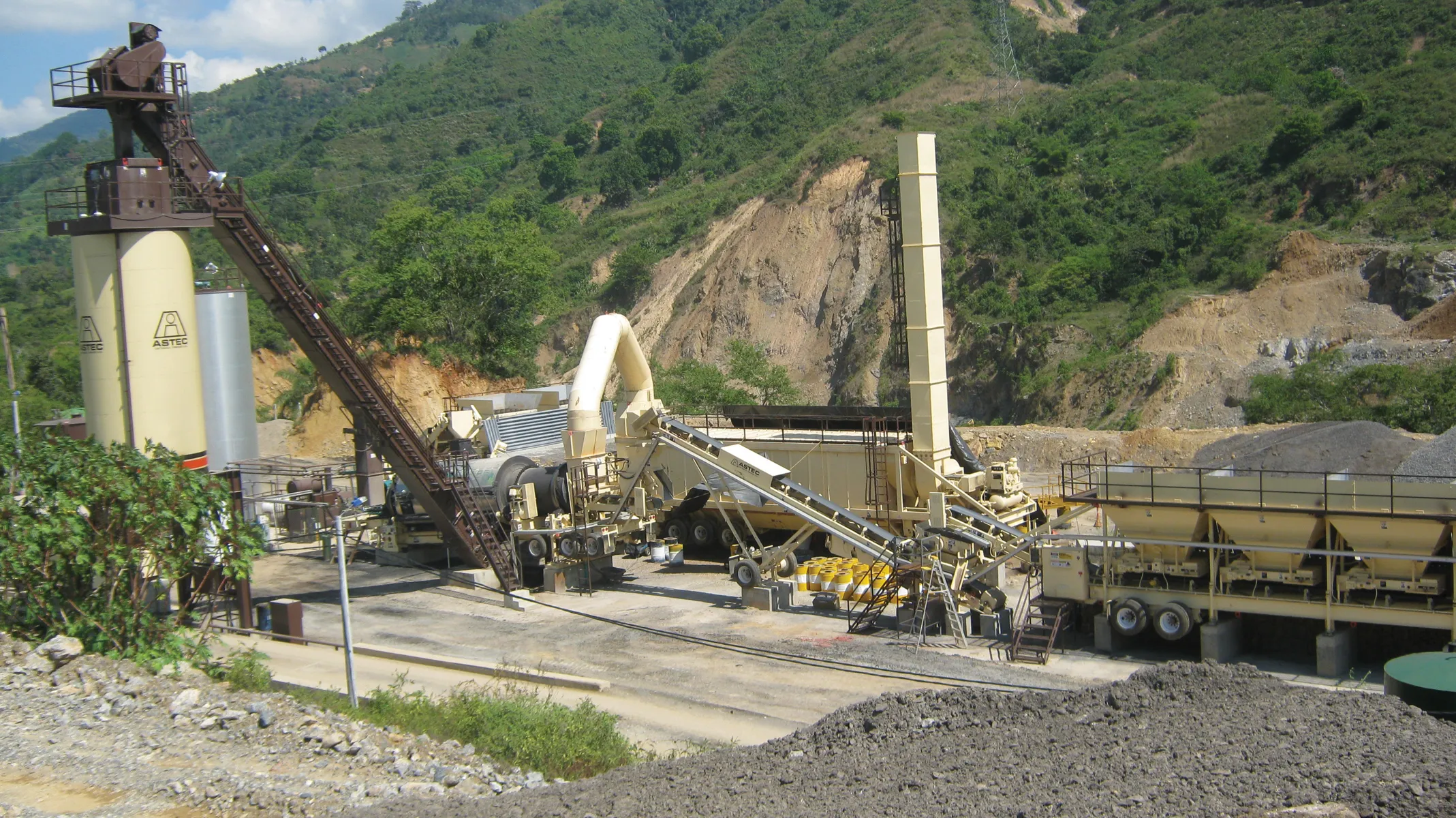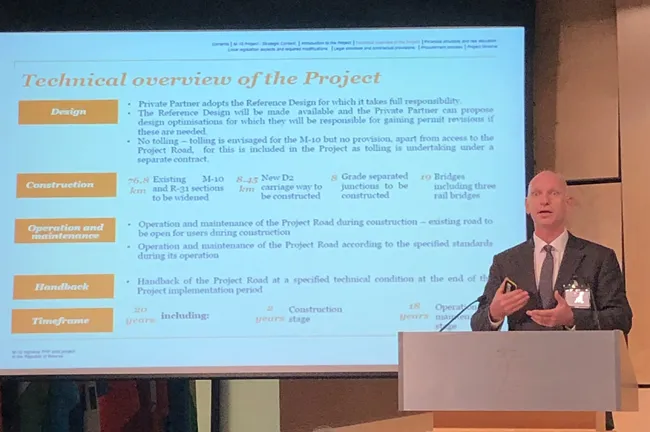In Alaska a decision has been made regarding the Knik Arm Crossing Project, which will now be carried out under the PPP model.
March 1, 2012
Read time: 2 mins
In Alaska a decision has been made regarding the Knik Arm Crossing Project, which will now be carried out under the PPP model. The previous project procurement plan has been cancelled. The Knik Arm Bridge and Toll Authority (3471 KABATA) explained it was decided to restart the procurement process to make it easier to deliver the project and finance the toll bridge.
The PPP model will also provide sufficient for a full maintenance programme to maximise its working life and will also provide a better value for money approach to the state, according to KABATA. The Knik Arm Crossing combines a toll bridge and roadway crossing Cook Inlet between Anchorage, Alaska's largest city, and the Matanuska-Susitna Borough, one of the fastest growing counties in the US.
The Alaska Legislature established the Knik Arm Bridge and Toll Authority in 2003 under Alaska Statute 19.75 to develop, stimulate, and advance the economic welfare of the state and further the development of public transportation systems in the vicinity of Upper Cook Inlet with construction of a bridge to span Knik Arm and connect the Municipality of Anchorage and the Matanuska-Susitna Borough. The project has not been without controversy in the past as it was cited as a ploy to win political support by one group. Under the terms of the deal, the partner selected through the procurement process will receive periodic payments based on the availability of the project at specified performance levels. Underachievement of the performance criteria would result in reductions to the periodic amount received by the private partner.
The PPP model will also provide sufficient for a full maintenance programme to maximise its working life and will also provide a better value for money approach to the state, according to KABATA. The Knik Arm Crossing combines a toll bridge and roadway crossing Cook Inlet between Anchorage, Alaska's largest city, and the Matanuska-Susitna Borough, one of the fastest growing counties in the US.
The Alaska Legislature established the Knik Arm Bridge and Toll Authority in 2003 under Alaska Statute 19.75 to develop, stimulate, and advance the economic welfare of the state and further the development of public transportation systems in the vicinity of Upper Cook Inlet with construction of a bridge to span Knik Arm and connect the Municipality of Anchorage and the Matanuska-Susitna Borough. The project has not been without controversy in the past as it was cited as a ploy to win political support by one group. Under the terms of the deal, the partner selected through the procurement process will receive periodic payments based on the availability of the project at specified performance levels. Underachievement of the performance criteria would result in reductions to the periodic amount received by the private partner.








